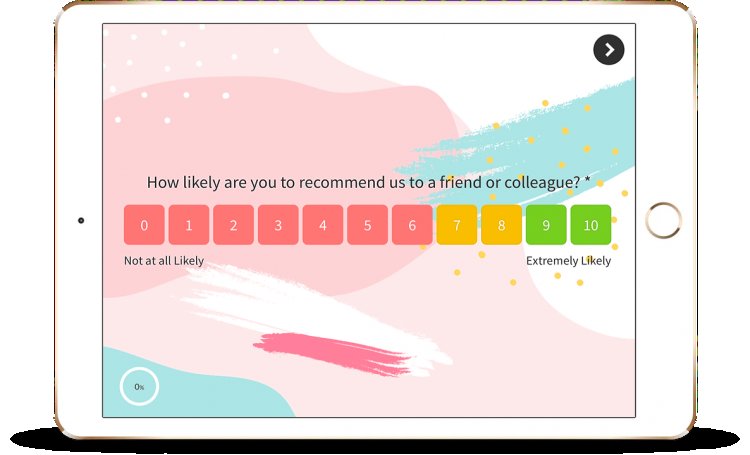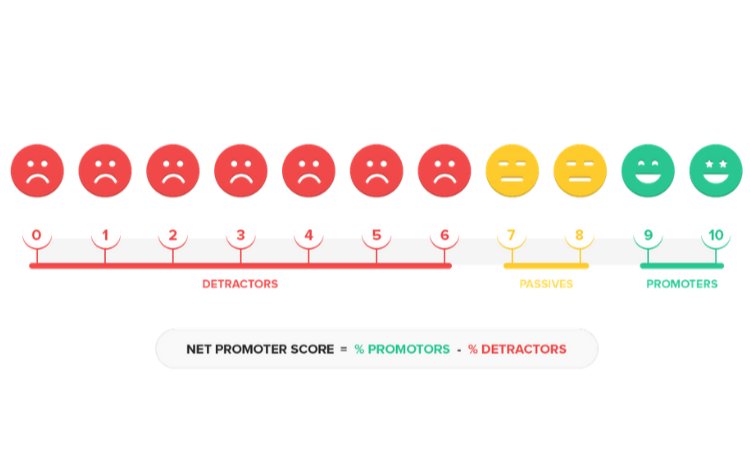What are Detractors and how to turn Detractors into Promoters?
Detractors are customers that are, generally speaking, unhappy, and dissatisfied with your business. They are likely to not be willing to recommend your business and services to others and in fact, share their disappointment with their friends and family. Because Detractors can be harmful to your business, they require immediate attention.

Nobody in business likes angry, miffed or unhappy customers. Unhappy customers not only reduce or stop doing business with you but also prevent others from dealing with you by sharing their bad experiences with others. That of course, directly harms business, growth and brand image.
So how do you identify the detractors, why should you care about detractors and how do you prevent them from churning?
Identifying Detractors
While any unhappy customer can be identified as a Detractor, in the business scenario, Detractors are generally identified by using NPS Surveys. NPS® (Net Promoter Score) is a widely accepted Customer Experience Metric by the companies across the globe that helps measure and determine Customer Loyalty and their likelihood to recommend your brand and business to others. NPS is measured using NPS Survey which ideally contains two questions — an NPS Question followed up an open-ended question.

The NPS Question — How likely are you to recommend our business to a friend or a colleague? — is rated on a scale of 0-10. Based on the responses, the respondents are categorized into 3 categories:
- Promoters: Customers who answer 9-10 on the NPS Survey
- Passives: Customers who answer 7-9 on the NPS Survey
- Detractors: Customers who answer 0-6 on the NPS Survey

As the names suggest, Promoters are happy, satisfied and loyal customers who come back to do business with you and also promote your brand to others. Passives are neutral and indifferent to the brand. If you make an effort, Passives might come back to do business with you, or may go to your competitor if they get a better deal or service. Detractors are the unhappy customers, who are likely to not return to you and may also spread a bad word about your business and services and damage your brand.
Calculating Net Promoter Score is very simple. Subtract the percentage of detractors (customers who rated you 0-6 on NPS Survey) from the percentage of promoters (customers who rated you 9-10 on NPS Survey). The NPS Score is between -100 to +100. A score below 0 indicates that your business has more detractors than promoters, which clearly is a cause of concern and requires immediate attention.
Why dealing with Detractors is very important?
Detractors can cause serious harm to your business. While it's nearly impossible to have all your customers always happy with your business, and sometimes, especially when your detractors are not too many, it may seem like a good idea (easy way out) to not pay much attention to the detractors. But in reality, detractors can cause a lot of harm to your business and no matter how less or more they may be in number, they should always be a priority.
Identifying Types of Detractors
Let's explore some different types of detractors and how you should deal with them.
1. The Virgins or the First Timers
Those who have just had a single experience with your brand and business and had expectations that you didn't meet. All your new customers come under this category. The reasons for their dissatisfaction may be your salespersons would have set up higher expectations which you may not be able to fulfill.
Do take care of them before the switch to another brand. Firstly, avoid setting unrealistic expectations with any customer. Moreover, reach your first timers just after a purchase or an onboarding process to know their first experience and resolve issues if you find any. Remember that 'first impression is the last impression' and it is important to make it great.
2. The Loyal Ones
There would be some customers who have a relationship with your brand since long but due to one or two poor experiences, they turned into detractors. When they give bad rating to any experience, you must take it seriously as it may be a clear sign of a fall in your quality of products or services.
These customers know your brand very well and what they should expect from it. You must take special care of them. If you don't take them seriously, they would churn.
What's Your Reaction?









